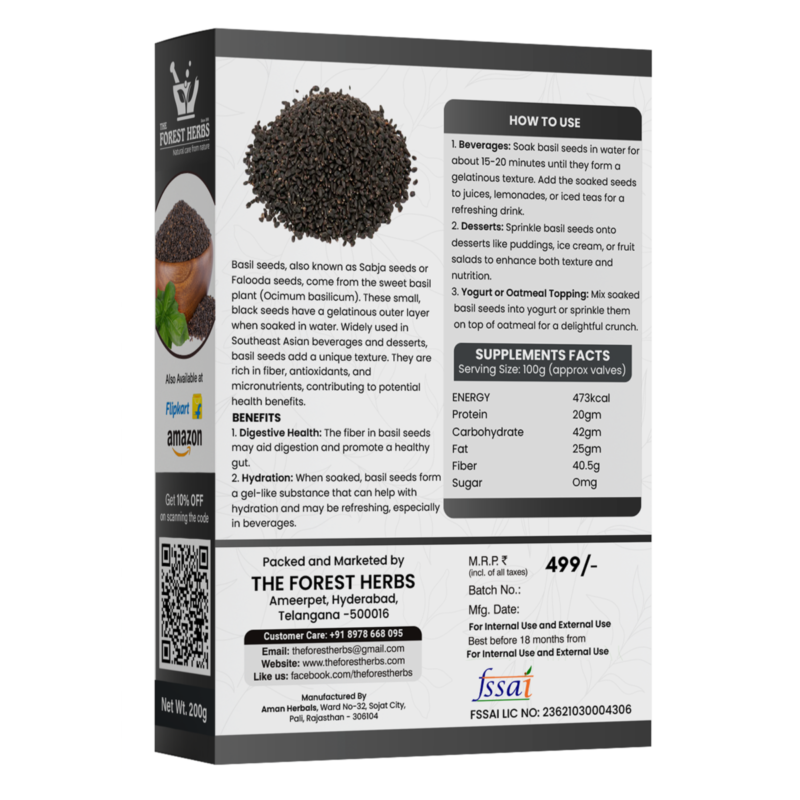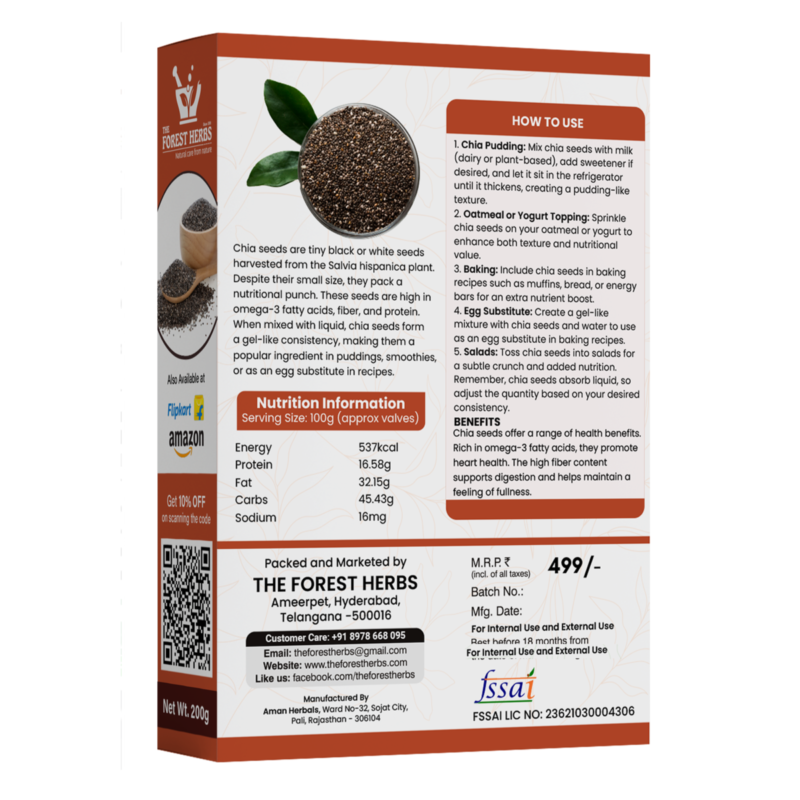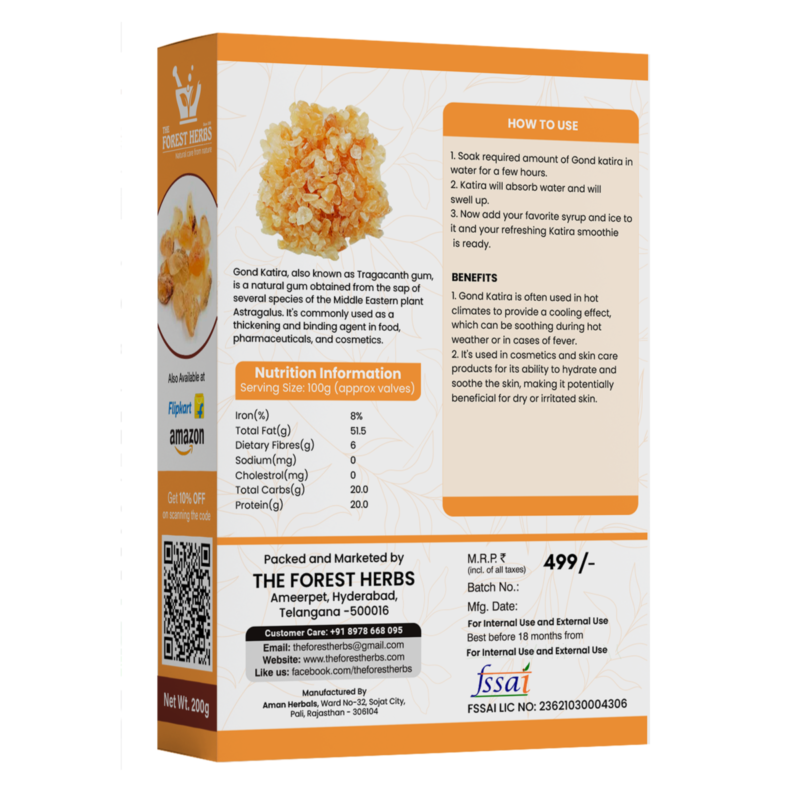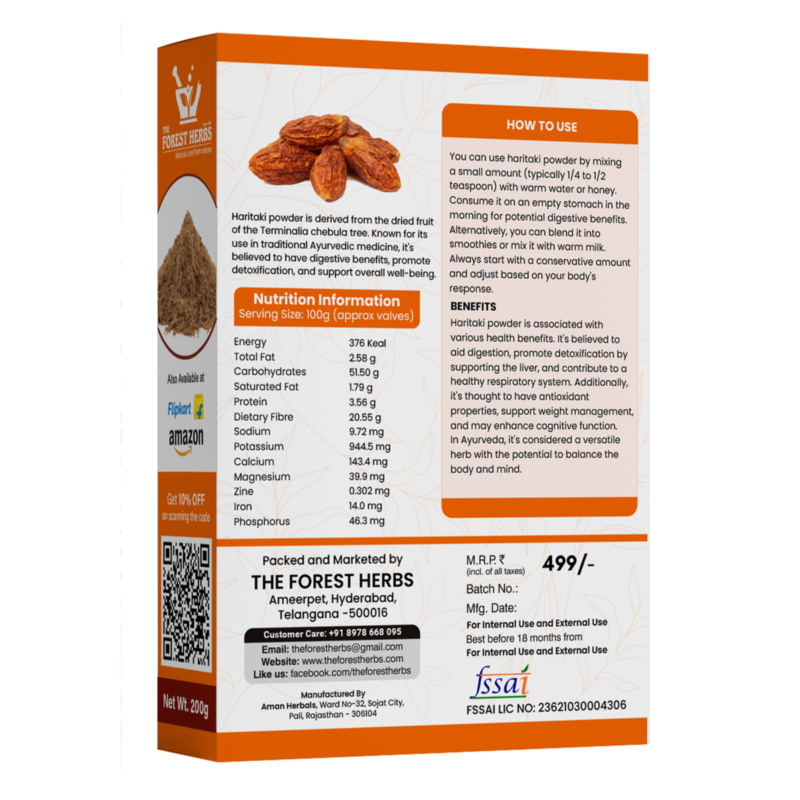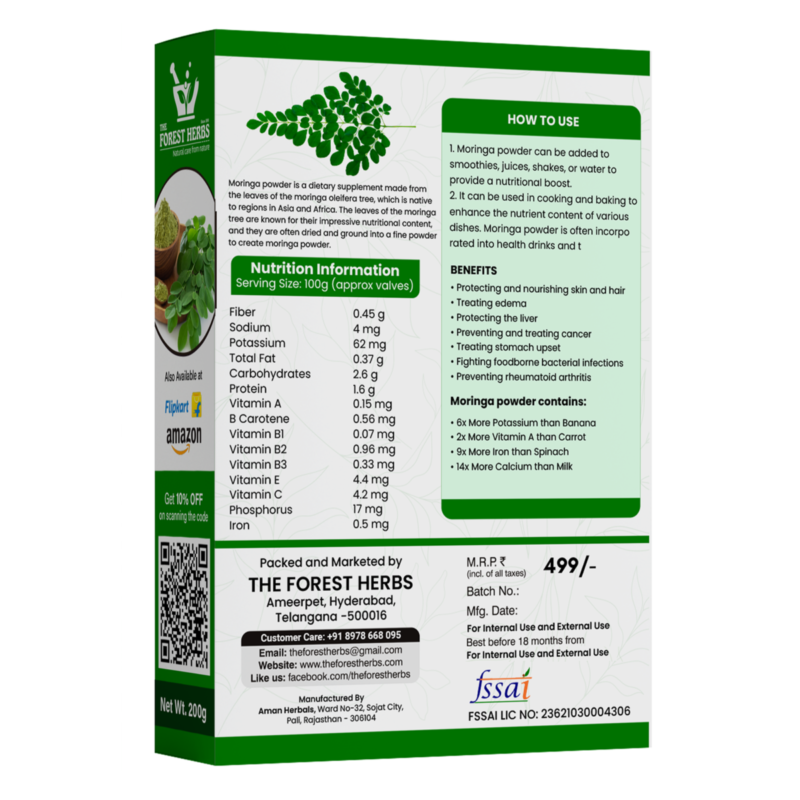Watermelon Seeds
Free Cash On Delivery
Watermelon Seeds 250g – Magaj Seeds | Raw Watermelon Seeds for Eating | Diet Food | Non- GMO | Healthy snacks | Source of antioxidants
100% NATURAL
12
People watching this product now!
RELATED PRODUCTS
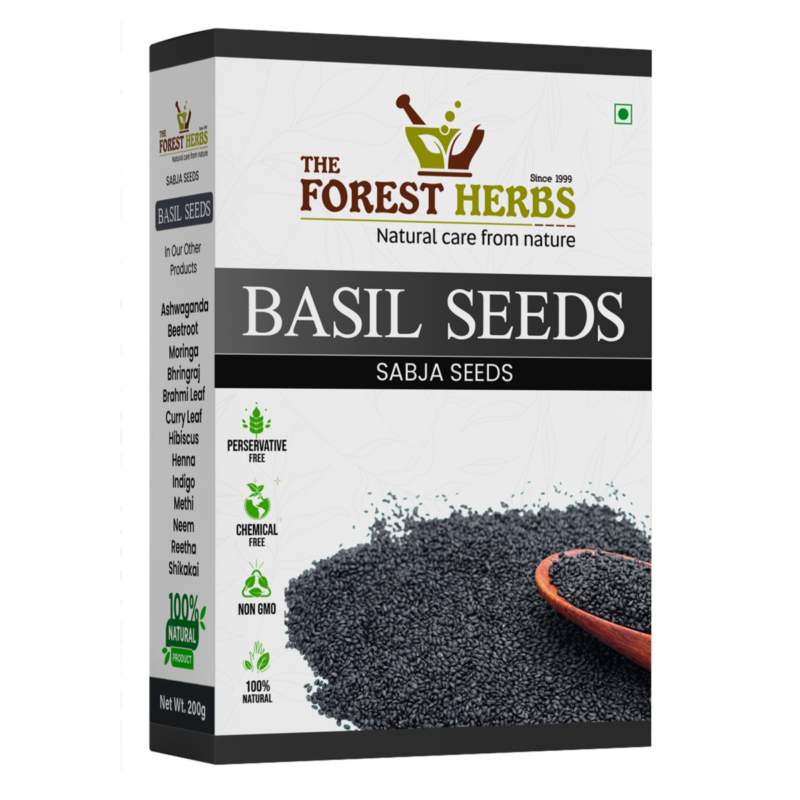
Select options
This product has multiple variants. The options may be chosen on the product page
Basil Seeds
Estimated delivery on 6 - 8 July, 2025
₹399.00
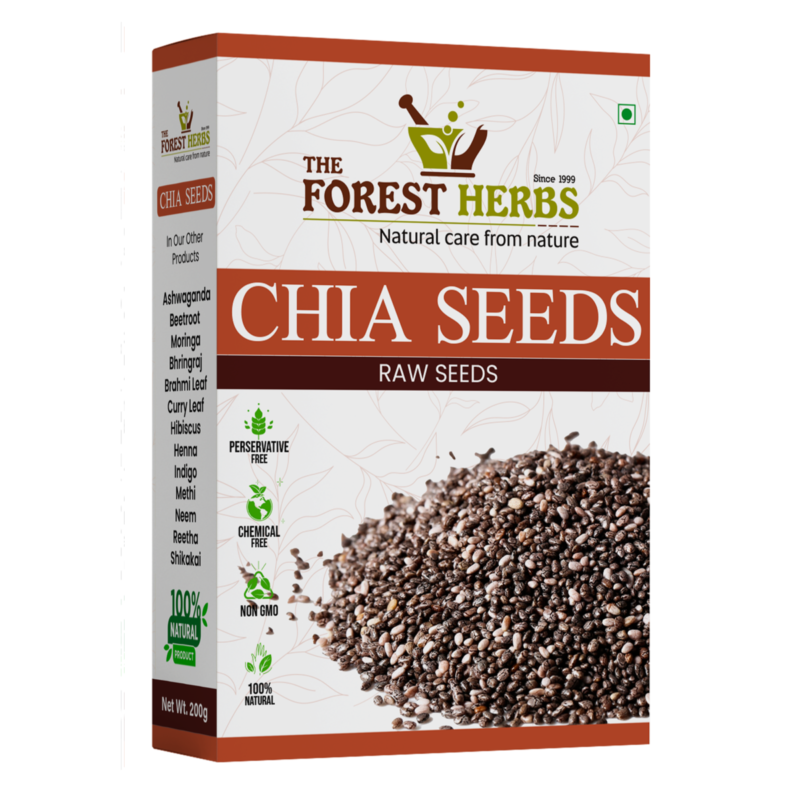
Select options
This product has multiple variants. The options may be chosen on the product page
Chia Seeds
Estimated delivery on 6 - 8 July, 2025
₹399.00
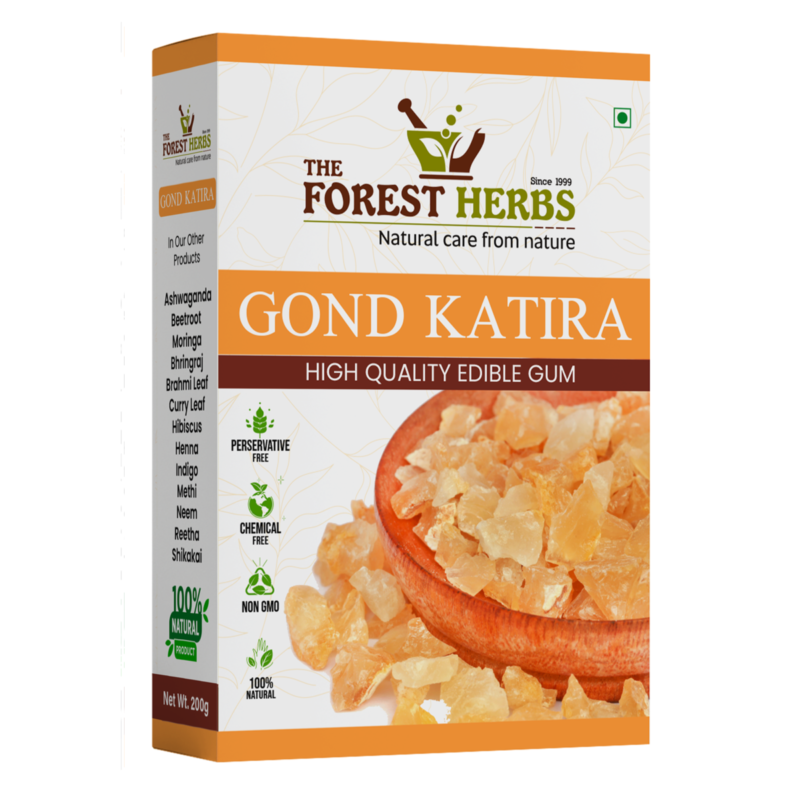
Select options
This product has multiple variants. The options may be chosen on the product page
Gond Katira for body cooling – Tragacanth Gum
Estimated delivery on 6 - 8 July, 2025
₹299.00
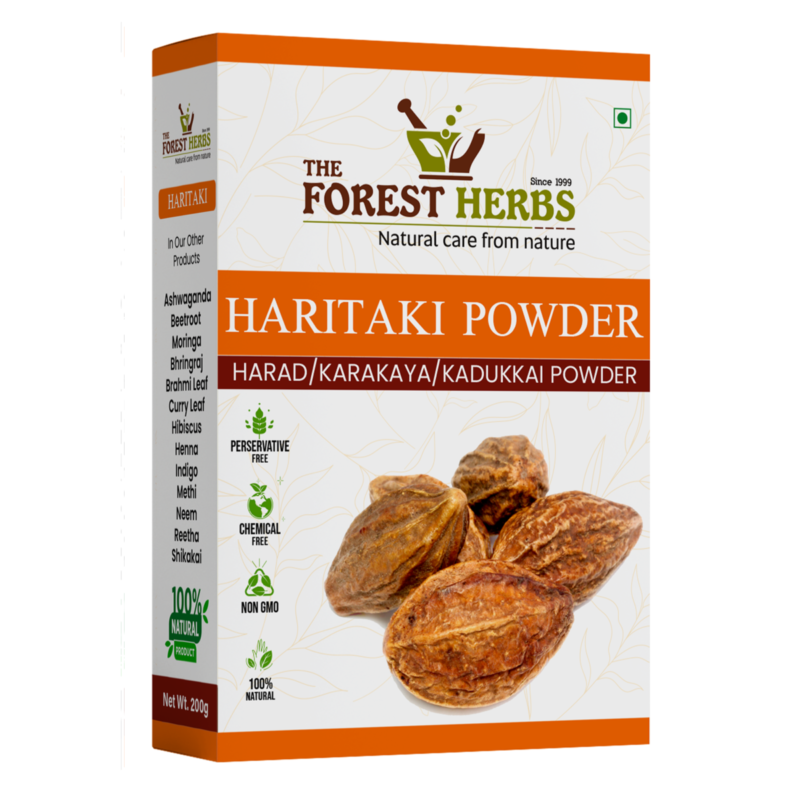
Select options
This product has multiple variants. The options may be chosen on the product page
Haritaki Powder
Estimated delivery on 6 - 8 July, 2025
₹399.00
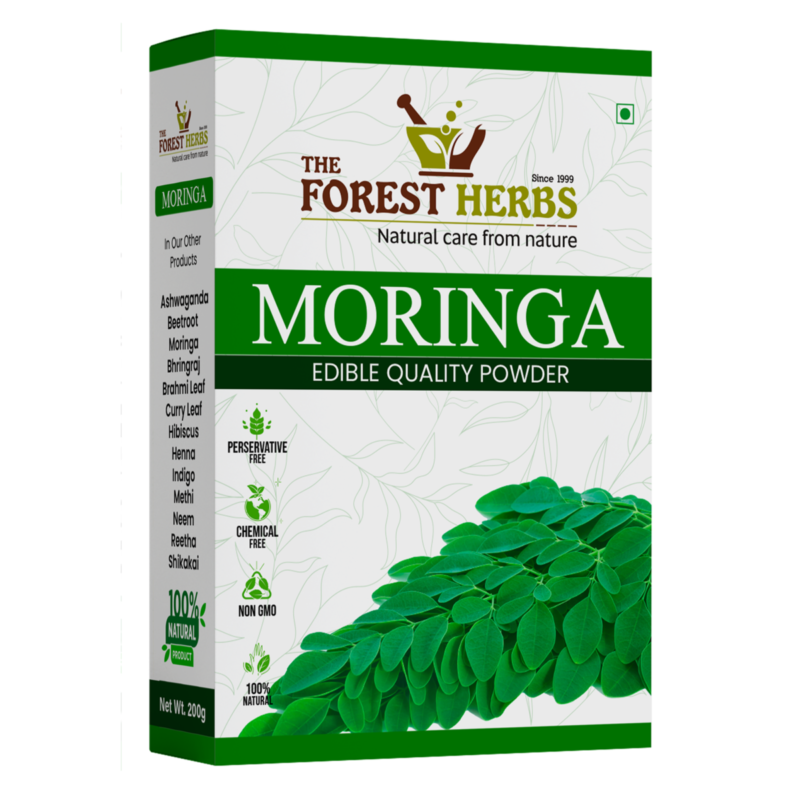
Select options
This product has multiple variants. The options may be chosen on the product page
Moringa Powder for Weight Loss – Drumstick
Estimated delivery on 6 - 8 July, 2025
₹399.00



